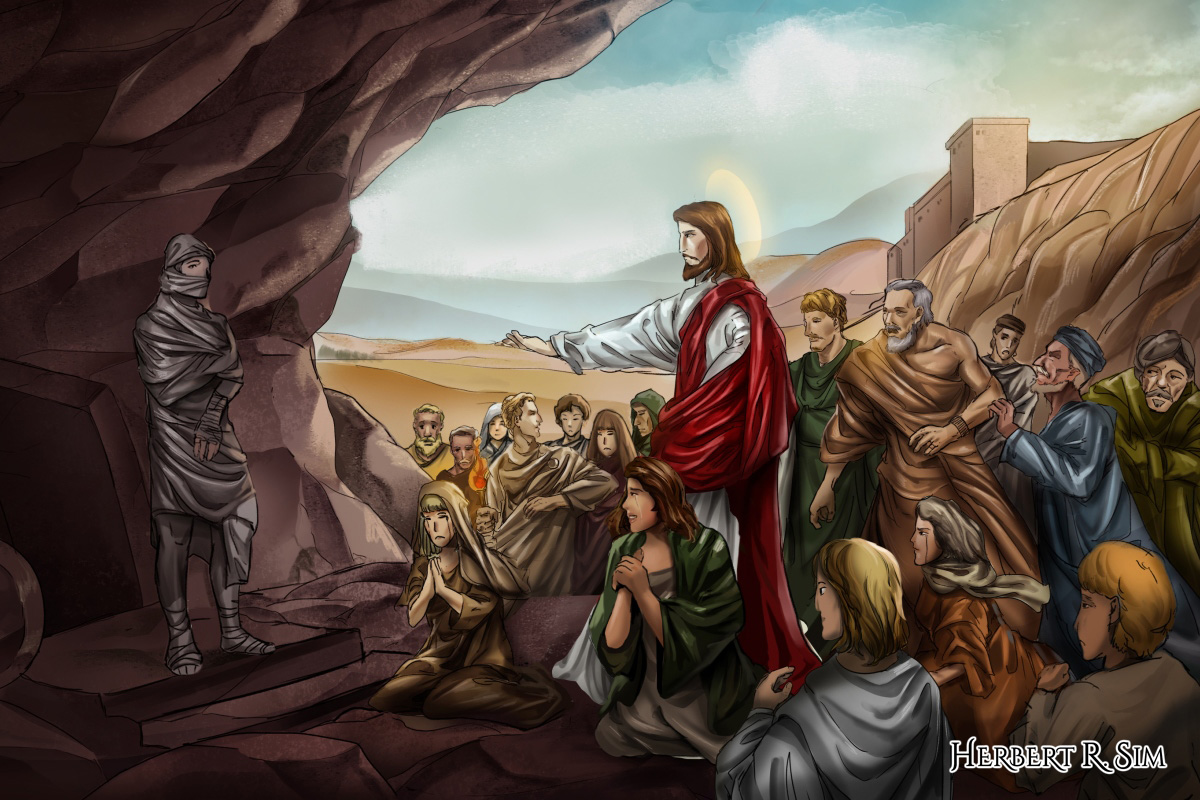
Was his death a form of dying or skipping it all together. “As they were walking along and talking together, suddenly a chariot of fire and horses of fire appeared and separated the two of them, and Elijah went up to Heaven in a whirlwind.” 2 Kings 2:11Įlijah’s departure is at least recorded. This is not necessarily true of Melchizedek. Does that mean that he is not human? If he is, does it mean that he did not die? Jesus is the one with an “indestructible life” after his resurrection. The text does not record any family history or birth and death record. Melchizedek seems to be a person who continues to have knowledge of God from Noah. He is not a Levite by birth, but rather a priest like Melchizedek who pre-dates the Levitical priesthood. The discussion in Hebrews is about how Jesus can serve as our priest before God in Heaven. Melchizedek gets more said about him in Hebrews than he does in the Old Testament (Gen. “And what we have said is even more clear if another priest like Melchizedek appears, one who had become a priest not on the basis of a regulation as to his ancestry but on the basis of the power of an indestructible life. Melchizedek was king of Salem and priest of God Most High…Without father or mother, without genealogy, without beginning of days or end of life, like the Son of God he remains a priest forever.” Hebrews 7:1,3 Let’s look at the others before hazarding a conclusion.

“God took him away”, could easily be a euphemism for death. I would not read this literalistically, but take it to be a comment on his unusual righteousness for a person born with a sinful nature like the rest of us. The phrase “Enoch walked with God” is somewhat enigmatic. He is part of period in human history before God dialed us back to a 120 year max (Gen. There is clearly nothing usual about Enoch’s life. Enoch walked with God then he was no more, because God took him away. Did this happen or is it simply a lack of reporting? The Bible presents us with three strange candidates for skipping death: Enoch, Melchizedek and Elijah. Death may be a consequence or punishment for sin, but it is useful in fixing that issue.

Dying allows us to shed our bodies which is where our “sinful nature” resides. As long as they continued to live they would live with a sin altered bodies and suffer all the consequences from aging to illness. When Adam and Eve had sinned, God made sure that they could no longer eat from the Tree of Life. The utility of death is easy to understand. Even in the above passage, not all will be saved and made alive by Christ. There are many more, but perhaps they are hyperbolic or have a few exceptions. “For as in Adam all die, so in Christ all will be made alive.” 1 Corinthians 15:22

There are certain overarching passages that would suggest that answer is “no”: The saying goes, “The only things that are certain are death and taxes.” This is more a comment on the ubiquity of taxes than anything else, but I’m sure plenty of people have escaped taxes.


 0 kommentar(er)
0 kommentar(er)
